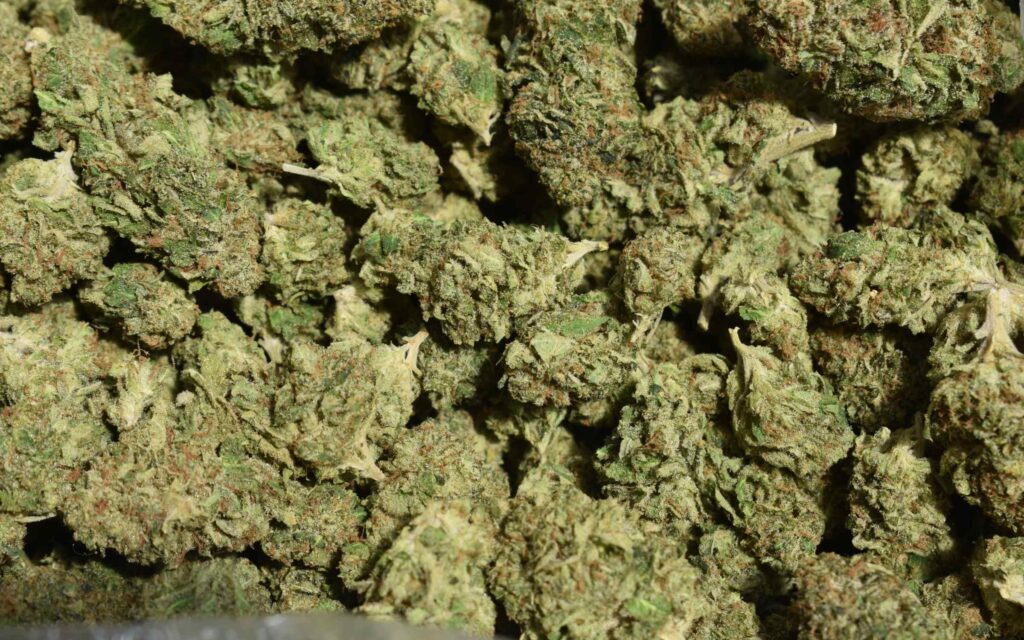Advocates in Texas recently announced that they’ve collected enough signatures to add a decriminalization initiative to the ballot in Lubbock, located in the northwestern part of the state. According to 2022 census data, the city is home to 264,000 people, and is among the top 10 most populated cities in the state.
On Oct. 11, advocates announced that they have collected 8,800 signatures for the Freedom Act Lubbock to qualify for the ballot. This is far more than the required amount, which is set at 4,800 signatures.
According to Lubbock Compact Communications Chair, Adam Hernandez, it’s been a successful gathering campaign. “We are extremely proud of all of the volunteers on our team, and everyone else who is helping us collect signatures,” Hernandez said.
On Instagram, Freedom Act Lubbock posted about the success. “We could not have gotten this far without each and every one of those pictured and those not pictured, too. And, we would be remiss if we didn’t recognize all of our followers for the countless reactions, shares, comments of support, conversations, and of course for your time in adding your signature to our petition or registering to vote- some for the first time ever! We are forever grateful that all of you helped us make this happen for good change in Lubbock. Thank you. The journey has been long, but absolutely worth it!”
With a few days of extra time, advocates plan to submit approximately 10,000 signatures in total before submitting them to the Lubbock City Council by Oct. 17, who will then choose to accept or reject it. Should the council reject the proposal, it can be placed on the May 2024 ballot and voters will decide if decriminalization should be implemented.
Ground Game Texas, an advocacy group that has helped other Texas cities implement decriminalization laws, put together an Impact Report for Lubbock. It states that while 8% of Lubbock residents are Black, and 37% are Latinos, 29% of cannabis arrests consisted of Black residents, and 49% were Latinos. The data presented in the report also showed that 52.2% of cannabis arrests consisted of people up to 25 years of age, and 14.7% of all arrests targeted youth 17 and younger.
“Many of these arrests result in misdemeanor charges. Although they are classified as lesser offenses, the outcomes of misdemeanor charges can drastically alter life trajectories by negatively impacting opportunities in employment, housing, and education,” the report stated. “Testimonies, such as those shared by Lubbock residents, highlight the enduring community harm caused by these enforcement policies. Emerging research demonstrates the benefits of non-prosecution of nonviolent misdemeanors.”
As a result, the report calls for immediate change. “These findings should require Lubbock to reevaluate its marijuana enforcement priorities and implement a more common sense, equitable, and just enforcement program for all residents,” it stated.
According to the Texas Tribune, Hernandez argued that there are many benefits to decriminalizing cannabis. “Our senior populations use it for chronic pain, veterans use it for post-traumatic stress, people who have cancer use it as they go through chemo,” said Hernandez. “There’s all sorts of uses for it. If people could educate themselves on that, they may find they have friends and family who may be using it for something.”
A Texas ACLU legal expert, Charelle Lett, told the news outlet that there is a strong chance that Lubbock’s ordinance will pass. “As long as the ordinance isn’t prohibited by state or federal law, which to my knowledge, there isn’t a prohibition on decriminalizing marijuana in Texas so far, then they may have a good chance of getting this to pass,” Lett said. “A lot of the time, people in high places forget to listen to the community they are so-called serving. Nobody knows what a community needs better than the community itself.”
In other places in Texas, such as Denton, Elgin, Harker Heights, Killeen, and San Marcos, voters approved a decriminalization measure in November 2022. In many of these areas, the ballot initiatives would prevent law enforcement from making arrests for people caught in possession of small amounts of cannabis, and would also not allow them to conduct searches because of cannabis odors.
In Denton though, city manager Sara Hensley told the NBC DFW news outlet that decriminalization would be challenging to put into place. “I recognize the voters have spoken and I understand that, but we don’t have the authority to implement those because of state law and the conflicts,” Hensley said. Apparently, both Texas cities as well as law enforcement departments are “prohibited from adopting a policy that does not fully enforce state and federal laws relating to drugs” and “the city manager and chief of police cannot direct otherwise.” “I do not have the authority to direct the police chief to not enforce the law,” Hensley added.
H/T: hightimes.com



